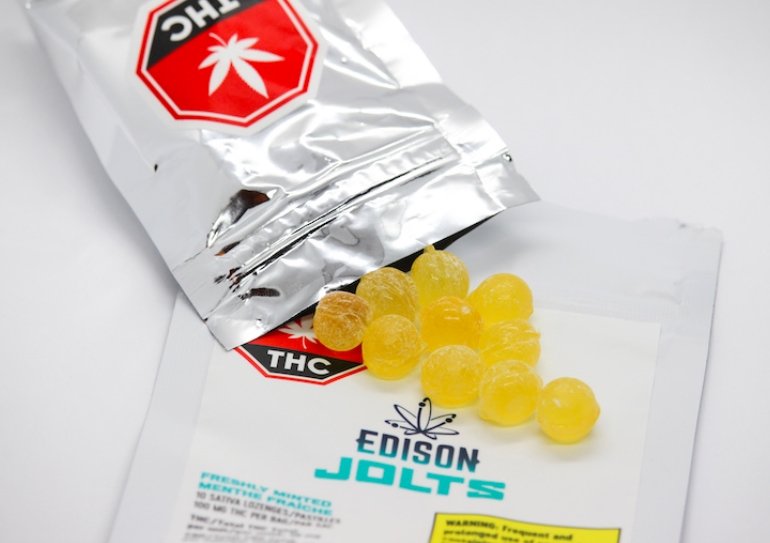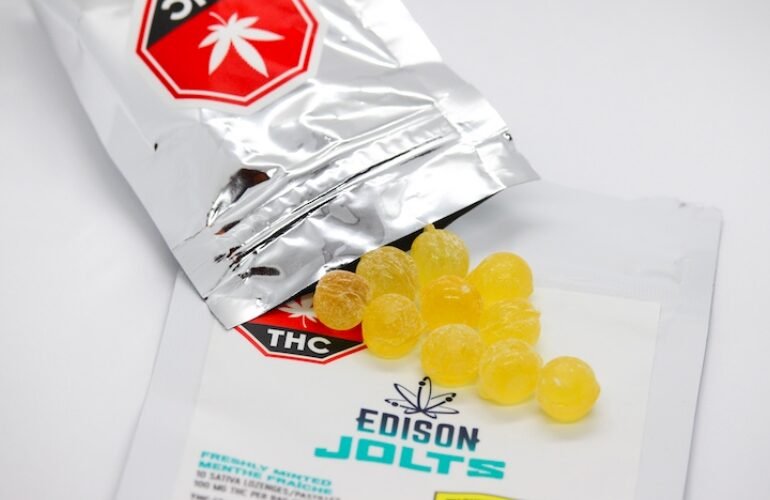In a landmark decision that has stirred the Canadian cannabis industry, Organigram Holdings Inc. has received a final ruling from Health Canada, classifying its Edison Jolts lozenges as edibles. This verdict concludes a prolonged debate over the product’s categorization and its compliance with the Cannabis Act and Regulations.
The Controversy Unwrapped
Organigram’s journey with Jolts began with a bold claim: their lozenges were extracts, not edibles, allowing them to surpass the 10mg THC limit per package set for edibles. Health Canada’s initial disagreement led to a halt in sales and a judicial review, which has now culminated in Health Canada’s final redetermination.
The company’s CEO expressed disappointment, emphasizing Jolts’ design to meet consumer needs for potency and price within the legal market. Despite the setback, Organigram has ceased production of Jolts in their current format and is collaborating with Health Canada to sell through the remaining inventory.

The Ripple Effect on Regulations
This ruling has significant implications for the cannabis industry, particularly concerning product classification and regulatory compliance. Health Canada maintains that any product intended for consumption like food is an edible, a stance that has now been solidified by the Jolts decision.
The outcome has prompted other cannabis producers to reevaluate their products, ensuring alignment with the Cannabis Act and Regulations. It also underscores the responsibility of license holders to verify that their products meet all applicable requirements.
Looking Ahead: Innovation within Boundaries
The Jolts case serves as a reminder of the dynamic nature of the cannabis industry and the importance of innovation within regulatory frameworks. As Organigram assesses its options, the industry watches closely, ready to adapt to the evolving landscape of cannabis product development and classification.




